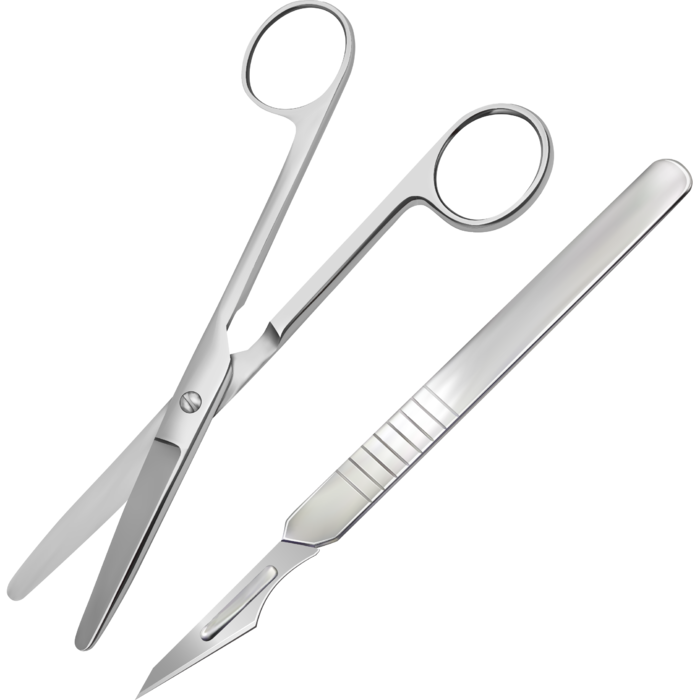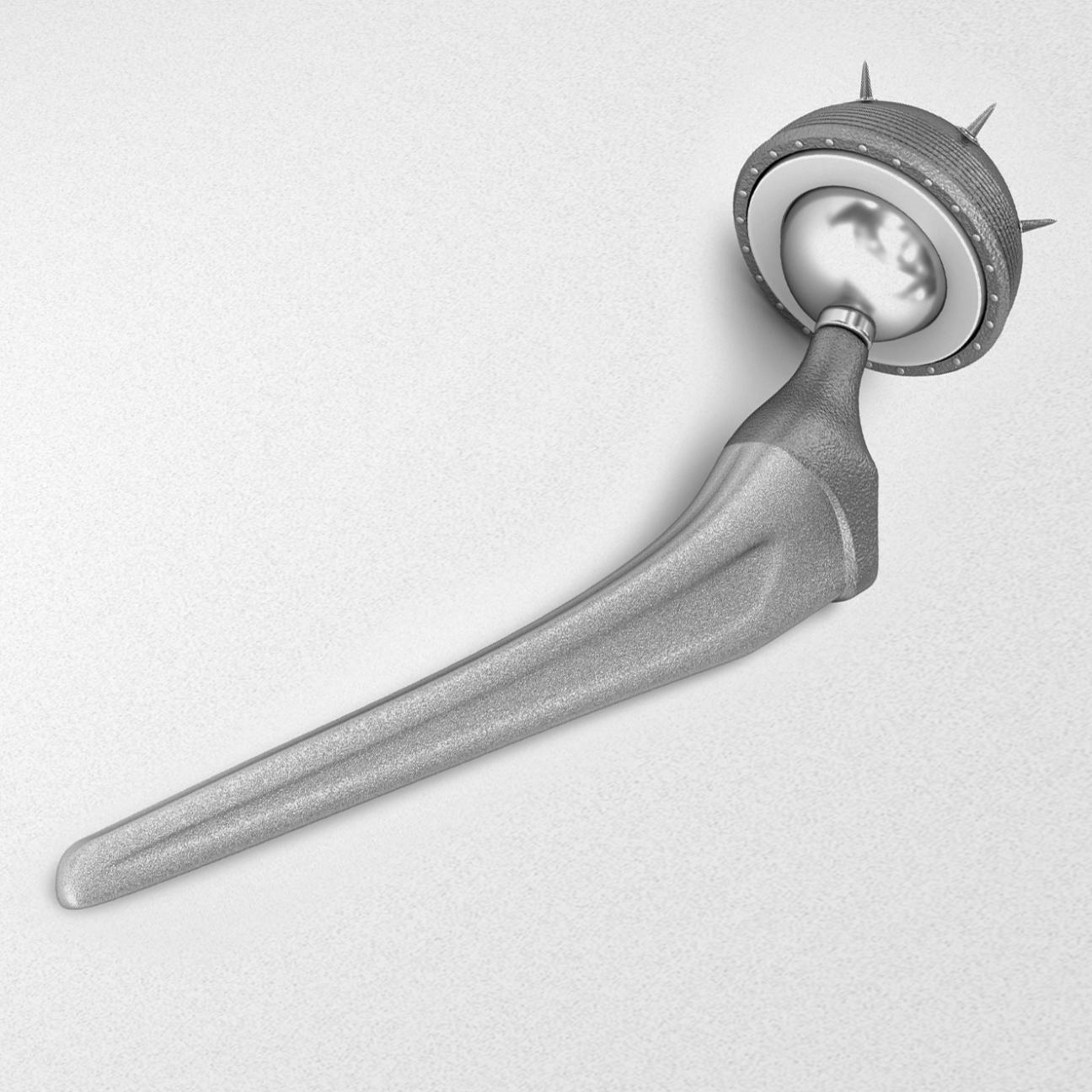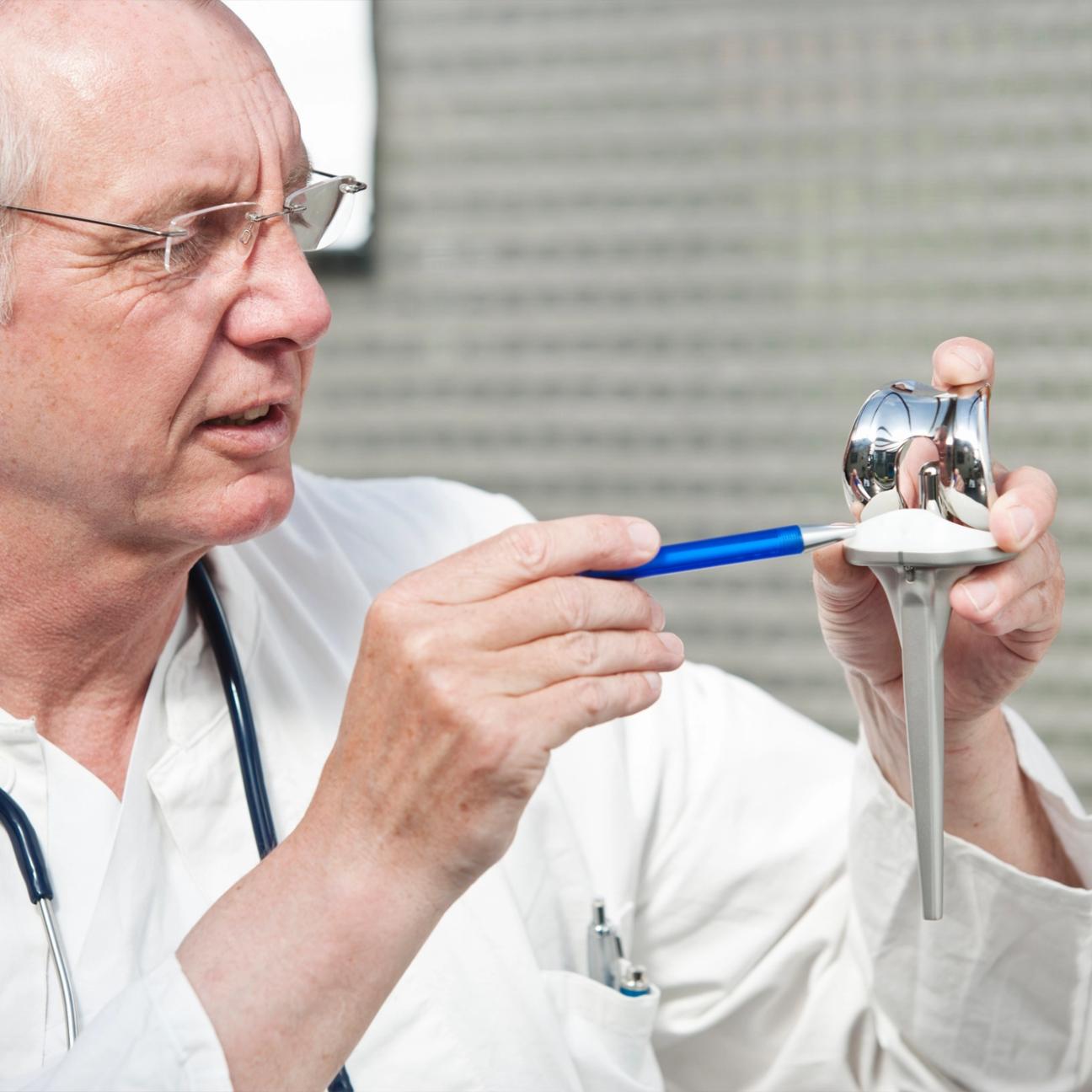Your partner in the field of
medical technology.
From corrosion protection and non-stick surfaces to resistance to corrosive chemicals
Thanks to our comprehensive range of processes, including chemical, galvanic, PVD/PACVD and hybrid processes, we offer customised solutions for all surface requirements in medical technology. In this area, the purity and safety of surfaces is our top priority. Our product range includes anti-adhesive, friction-reducing, non-stick and corrosion-resistant surface coatings. Different properties can also be combined by using our hybrid processes. All products are intensively tested and inspected in our materials laboratory before they leave our premises. This ensures that you always receive a flawless and germ-free product that meets the highest hygiene standards. Your safety is our top priority.
Insights into our customised solutions for our customers in the medical technology sector.
The challenge of the alpha layer: optimising titanium implants
In most cases, implants for hips and knees are made from forged titanium blanks. This is due to the fact that metallic titanium is well tolerated by the human body and is less likely to cause an immune response or rejection reaction. Other decisive reasons for the use of titanium are its low specific weight in combination with high strength. However, due to the high temperatures and the reaction with oxygen, an oxide layer is formed during the forging process which does not have these biocompatible properties. This so-called alpha layer must be removed. While mechanical removal is possible in principle, this is uneconomical in most cases due to the hardness of the substrate and the component geometry.
Efficient removal of oxide layers for high-quality titanium implants
We have developed a pioneering solution for our customers. Using a special removal process, we can remove oxide layers, which are often up to 0.3 millimetres thick, precisely and evenly chemically or electrolytically thanks to sophisticated process technology. These highly developed wet-chemical processes are suitable for all common forging alloys.</p
The advantages of this removal process are both technical and economic. It enables a considerable reduction in the mechanical finishing time of the implants and significantly reduces tool wear. Due to its crystalline structure and the metal oxides it contains, the oxide layer is considerably harder than pure metallic titanium, which has an impact on both throughput times and costs. Our solution therefore not only offers improved quality, but also significant efficiency gains in the production of titanium implants.</p



